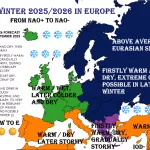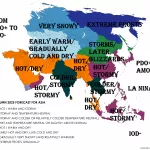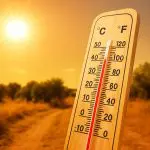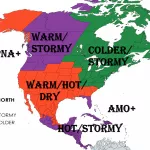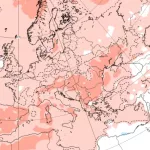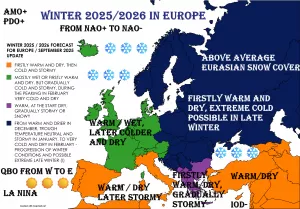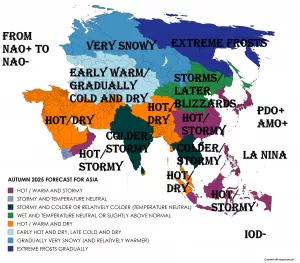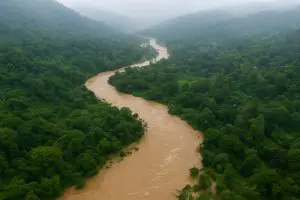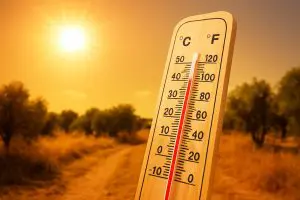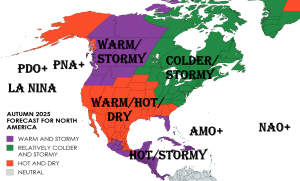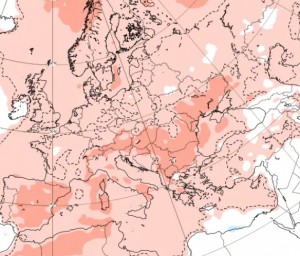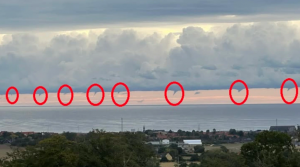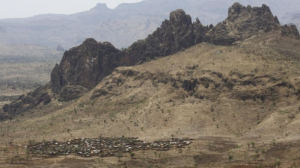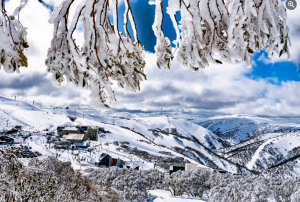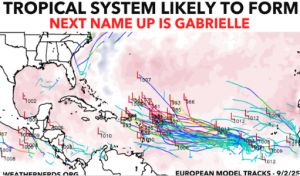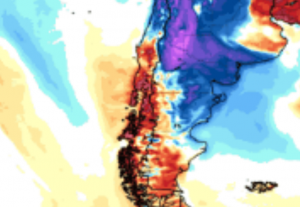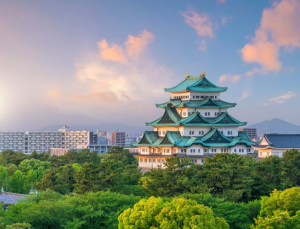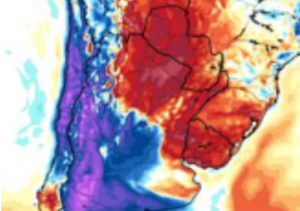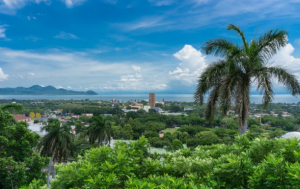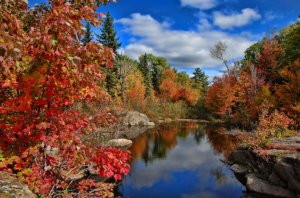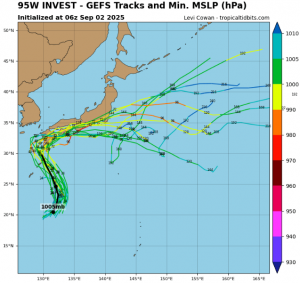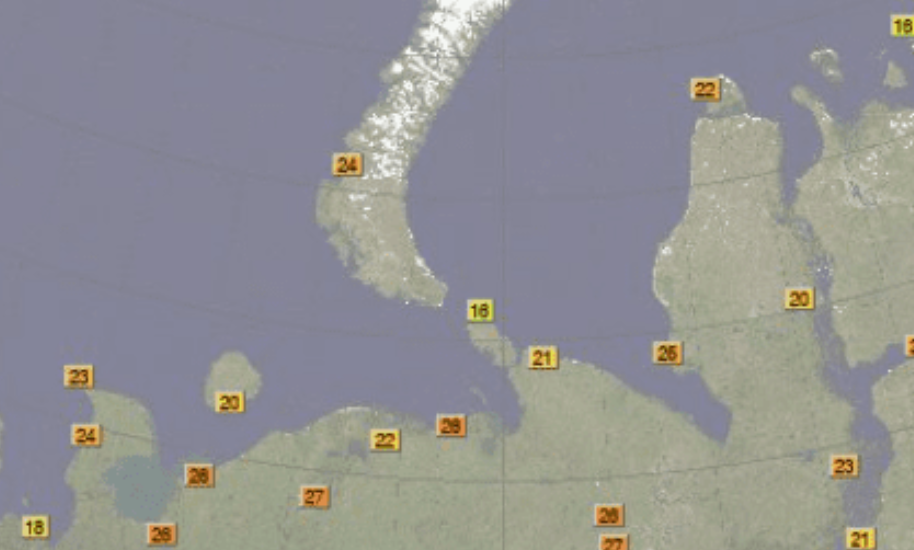
The Russian Arctic coast, including Malye Karmakuly and Novaya Zemlya, has experienced an extraordinary summer heatwave, with temperatures soaring to 25.4°C — an extreme value nearly 1.9°C below the all-time August record for the region. This exceptional warmth at latitudes between 70 and 72 degrees North is unprecedented, considering that typical summer temperatures rarely exceed 10°C.
This intense heat surge was fueled by strong warm air advection from Svalbard /https://mkweather.com/almost-20c-in-svalbard//, driven by a persistent high-pressure system over the Barents Sea. This atmospheric pattern has funneled unusually hot air deep into the Arctic Circle, causing record-breaking temperatures along the Russian Arctic coast, including Malye Karmakuly and Novaya Zemlya.
The consequences are significant: accelerated ice melt, rapid permafrost thaw, and disruption of delicate Arctic ecosystems. These changes threaten not only local wildlife and indigenous communities but also contribute to global issues like sea-level rise and altered weather patterns across the Northern Hemisphere.
This event highlights the growing frequency and intensity of Arctic heatwaves due to climate change, emphasizing the urgency for global action to reduce greenhouse gas emissions and mitigate further warming.

Source: https://x.com/extremetemps/status/1954838653286383670

